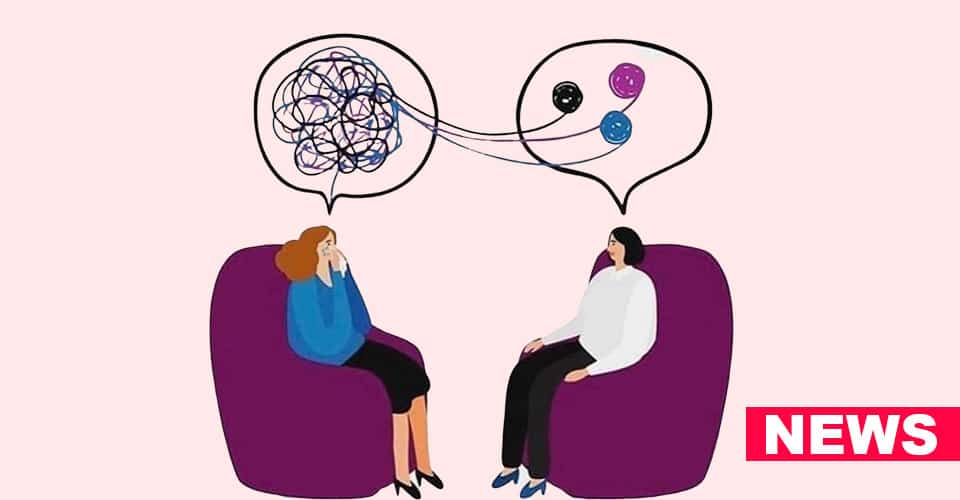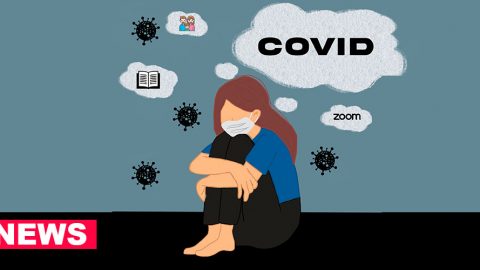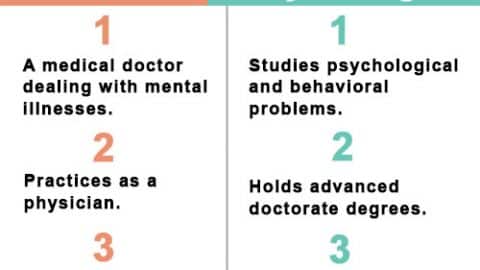Brain News: Researchers at Harvard University found that spanking children alters their brain development in a similar ways to more severe forms of violence.
The research team focused on the brains of 147 children around ages 10 and 11 who had been spanked. Using an MRI machine, they scanned the child’s brain activity in response to images of actors making “fearful” and “neutral” faces. The MRI results were then compared to children who were not spanked.
Researchers noted that children who had been spanked had heightened activity in the prefrontal cortex and other brain regions that respond to threat cues and may affect the ability to make decisions and process situations. These children showed greater neural activity to the “fearful” faces, and this was also seen in children who experienced serious abuse. These results indicate a strong similarity in the development of spanked children and abused children. However, there are no differences in brain activity of children who were not spanked.
Parents think spanking children makes them more disciplined. But, it is way more dangerous than previously thought according to the new study published in the journal Child Development.
According to the senior researcher of the study, children suffering from corporal punishment are prone to depression, anxiety, and behavioral problems, and other mental health issues, but the problem is many parents don’t consider spanking as a form of violence. If continued the altered brain may have severe consequences on the child in the long run.
The study leaves an important message that corporal punishment is a risk that can hamper a child’s brain development and on this note parents and policymakers must consider reducing its prevalence.
To Know More, You May Refer To:
Harvard University. (2021, April 12). Spanking may affect the brain development of a child. ScienceDaily. Retrieved April 18, 2021 from www.sciencedaily.com/releases/2021/04/210412161850.htm















Leave a Reply
You must be logged in to post a comment.